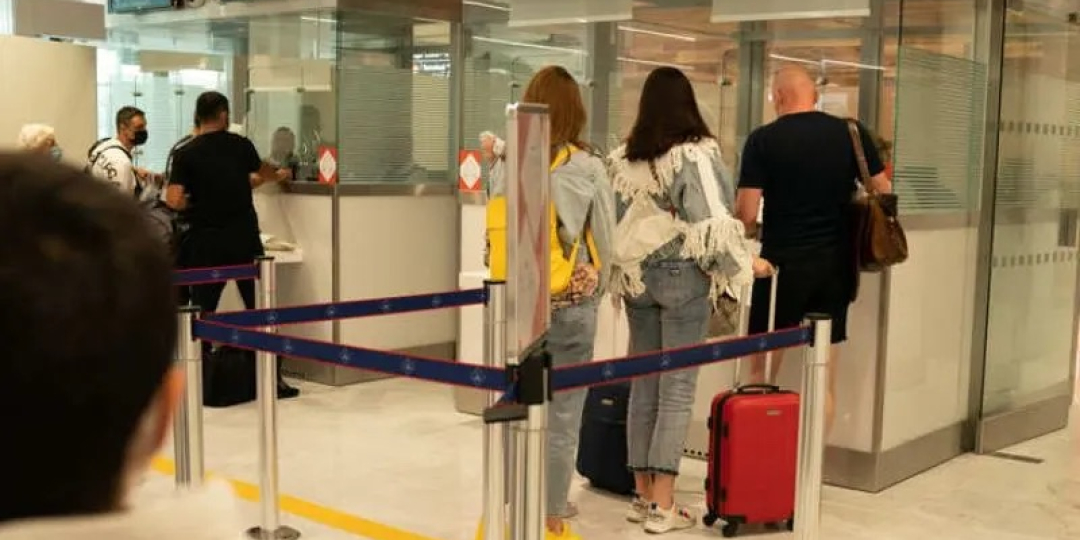Authorities are predicting a massive increase in wait times at EU entry points next year due to border reforms that come into effect by May. First-time travellers who do not need a visa will have to apply for a new travel permit, and be fingerprinted when crossing the outer Schengen border.
In the hope of protecting the Schengen area and tightening checks on third-country nationals, the EU has been preparing for years to introduce a new entry-exit system (EES) that will require all foreigners seeking entry to the territory to undergo registration on arrival. This involves providing fingerprints and other information.
The EES will help to ensure that unchecked migrants in Europe are identified and processed, and that overstayers are punished.
As per Schengen rules, non-EU, European Economic Area (EEA), or Swiss citizens can only remain in the Schengen border-free area for up to 90 days out of any 180-day period.
Those who break the rules will get caught immediately when they enter or exit the Schengen area, as their biometric data will be stored by Frontex, the agency responsible for Europe’s border security.
It’s expected that the new system will lead to border delays, at least during the initial period of registrations.
EU countries have noted their concern about the new system, notably Germany, which said control time for passengers would increase significantly during the roll-out of EES. Austria also expects processing times to double.















